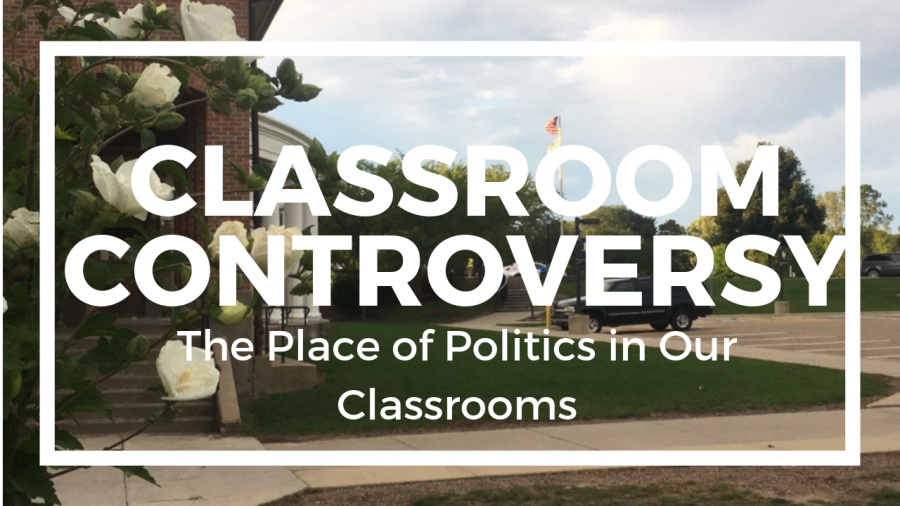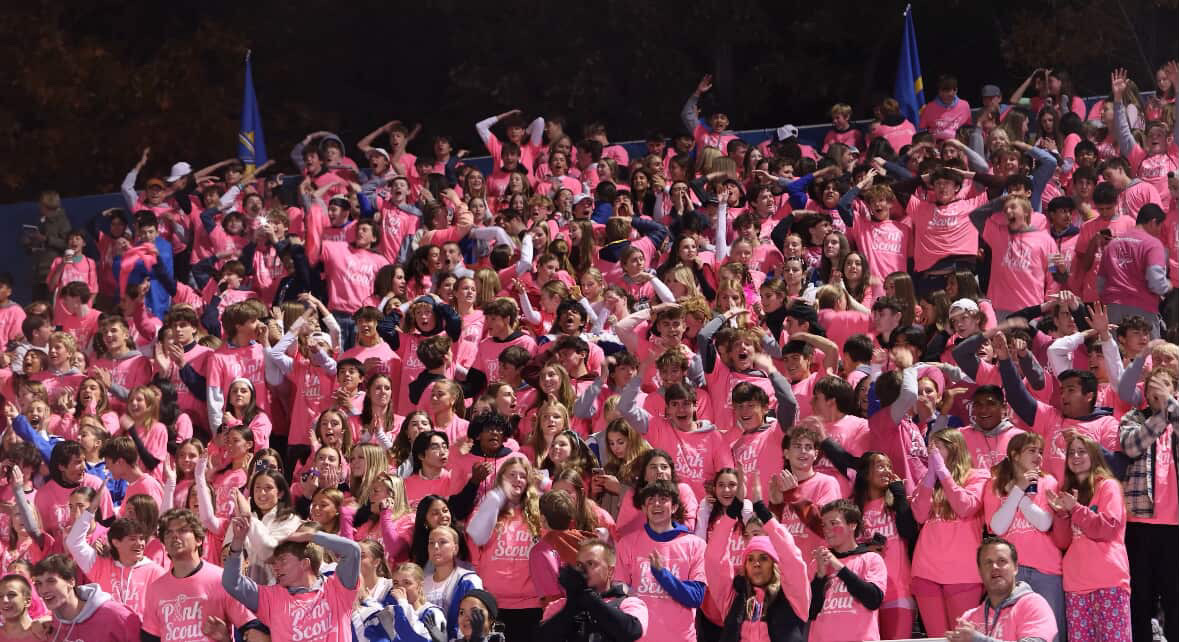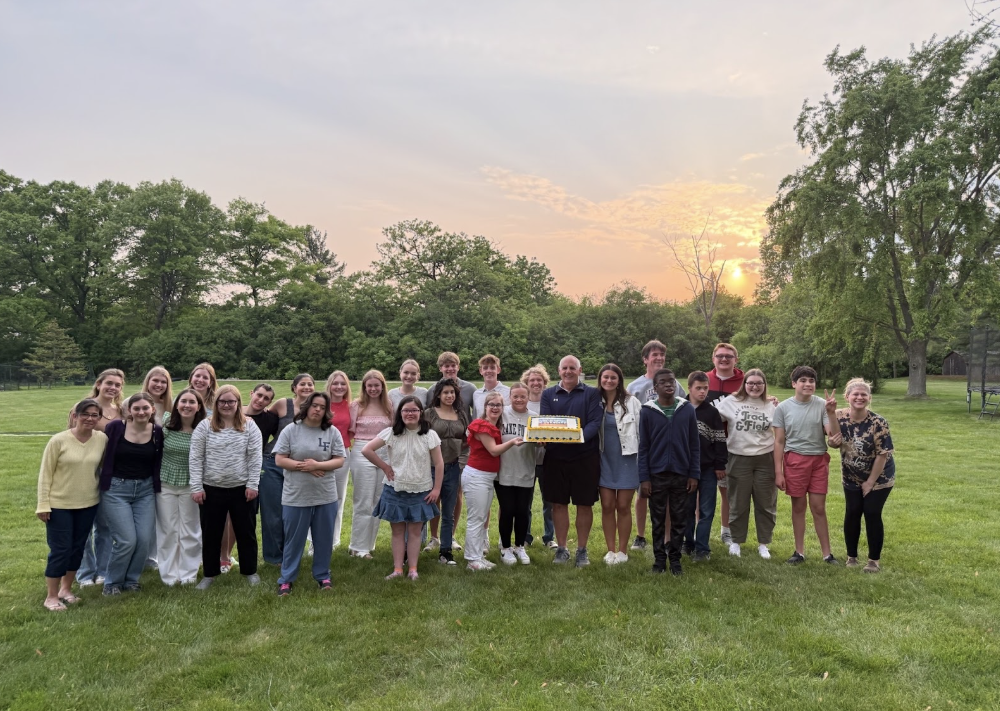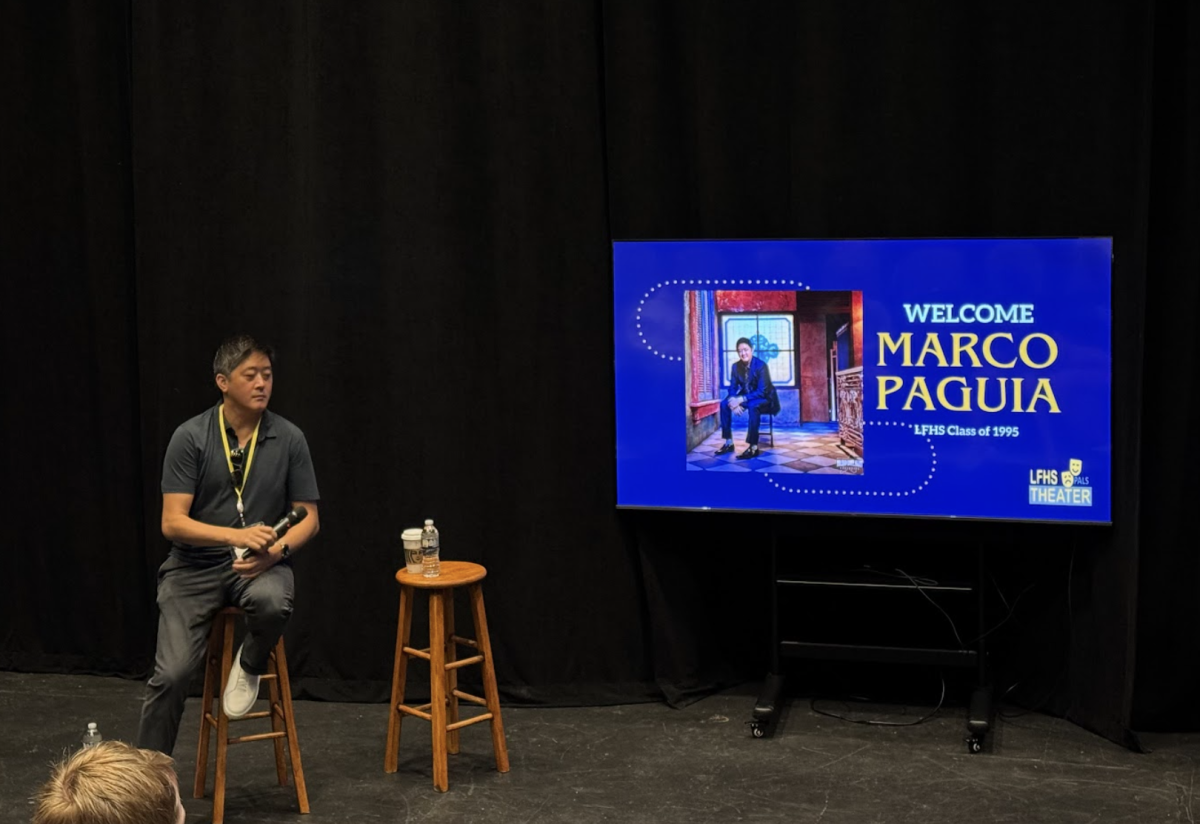As American society becomes increasingly polarizing and hyper politicized, the encroachment of politics into the classroom is inevitable. But where should teachers and students draw the line when discussing politics ?
Some educators, like Principal Chala Holland, say discussing politics can play an important part in shaping students into the citizens of tomorrow.
“I do think that part of the role of education overall is to make sure that students are learning what they need to be informed citizens,” Holland said.
When hot button political discussions play out in class, it’s up to the teachers to walk the fine line between a productive and interesting conversation and a screaming match of opinions flying past each other without anyone truly listening.
“A lot of students do have ideas about the world, as they absolutely should, and about how government should play out,” English Department Instructional Director Kristen Carlson said. “But I also believe that with the help of a teacher you can have really good conversations where people can state their perspectives and talk about how they came to [them], but then also listen to other people…and at least have an understanding and a respect for that point of view even if it conflicts with their own.”
Junior Natalie Logue said that these kinds of issues should be discussed; however, they should be handled in a sensitive way.
“I believe that politics do have a place in the classroom, but in a moderate way. Though schools should be accepting and more open to discussing modern politics, teachers should guide students to respect each other and meet on common ground,” Logue said.
Several students said the content of the class should help determine whether its appropriate for students and teachers to discuss politics.
“I think it really depends on the type of class you’re taking. I’m taking AP Government right now and obviously you have to talk about politics in that class, but I think Mrs. Kyrias does a really great job establishing the boundaries,” junior Jack Lavanway said, “As long as you have respectful students in the classroom, then there should be no problem discussing your beliefs.”
The teacher should ask questions and remain unbiased, junior Billy Gardner said
“I think that [teachers] can create a good environment to discuss these issues by being very unbiased. By asking thought provoking questions and kind of [calling on] people who are arguing for both sides,” Gardner said.
However, for as many students who believe that the classroom is a beneficial place for the discussion of current events, there are just as many who believe the opposite.
“Unless (the class is called) ‘Political Science’ or something like that I’m not expecting or wanting to discuss current day politics, especially knowing that most high schools and English departments are usually biased towards one side,” junior Dylan Cofer said.
There are some cases in which these kinds of discussions could potentially have a silencing effect on some students if it is not handled correctly. This could lead to some students being heard more than others.
“It depends on really what kind of side is really speaking more about the issues, which opinions are really being discussed more. If some people don’t agree with that then people can become uncomfortable, and I’ve definitely had that happen to me before and I don’t talk. But, some people are more willing to speak and some people can feel more uncomfortable if they feel that they don’t really have a say in the issue,” junior Elena Erkenswick said.
However some still think that the suggestion that education can exist separately from the world around it, and as both English teachers Mara Dukats and Amy Lyons said, “Education cannot exist in a vacuum.”
Contemporary issues and current events entering into classroom discussions has become an inevitability and a reality that nearly every student navigates. And how they choose to navigate the polarizing world we live in now can shape their lives for years to come.
“Students should be able to think critically about the world as well as their place in the world, and whether a school decides to engage in current topics or not doesn’t mean that students aren’t interacting with them on a daily basis,” Holland said.








